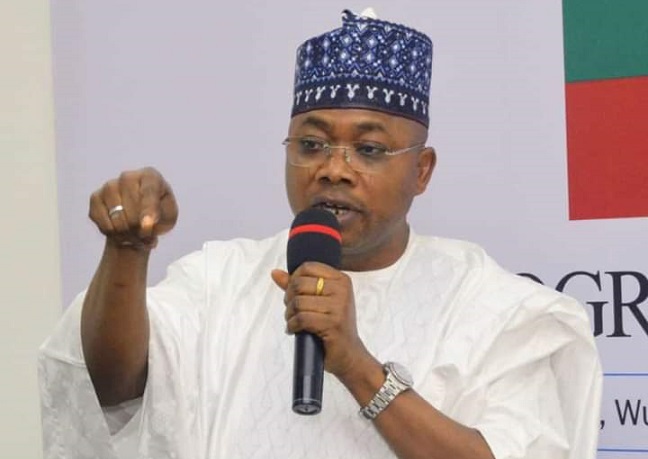Despite the widespread blackout in Nigeria, the Nigerian Electricity Regulatory Commission has expressed worry over electricity load rejection by power distribution companies.
According to The Punch, it vowed to take appropriate regulatory action against Discos that failed to reach the major performance criteria for energy offtake, emphasizing the growing gap between available power capacity and consumer demand.
In its latest quarterly report for Q3 2023, the power sector regulator stated that the Partial Activation of Contract regime, which went into effect in July 2022, defined the target volume of energy to be off-taken by Discos at any time as their Partially Contracted Capacity.
It stated that under the PAC regime, Discos had take-or-pay obligations on their PCC, which meant that they had to pay for available electricity capacity regardless of offtake.
This framework, according to the company, is consistent with international best practices for long-term contract-based power procurement and assures that power producing businesses get capacity fees to compensate them for availability.
“Furthermore, it is noteworthy that when Discos have offtake ratios below 100 per cent, this means that they incur increased wholesale energy costs as they still have to pay NBET/Gencos for unused capacity for which they have no avenue to recover revenues,” the commission went on to say.
Further examination of the report revealed that the average energy offtake by Discos at their trading points in 2023/Q3 was 3,253.83 megawatt-hour/hour, representing a +0.08 percent (+2.52MWh/h) increase over the 3,251.31MWh/h offtake in 2023/Q2.
However, the commission noted that all Discos took less than their available PCC during the quarter, with the exception of Eko and Ibadan Discos, which had offtake performance of 112.25 per cent and 105.55 per cent, respectively, and would thus benefit from lower wholesale energy costs.
According to the commission, it will use its Order on Performance Monitoring Framework “to enforce appropriate regulatory actions against Discos that fail to meet the KPI targets for offtake ratio.”
It went on to say that “the situation room established by the commission will continue to conduct a daily study of the energy offtake performance of Discos and, where needed, assist with Disco management.”
Power consumer groups have regularly protested Discos’ load rejection, wondering why this has occurred despite the country’s inadequate electricity supply.
“Many Nigerians lack power supply, yet we still hear of electricity load rejection by Discos, what an irony that should be stopped,” Said the National Secretary of the Nigeria energy Consumer Advocacy Network, Uket Obonga.
He urged the commission to impose all disciplinary consequences that would force power distributors to meet expectations in the delivery of electricity to end consumers across the country.
Meanwhile, the NERC explained that the Partial Activation of Contract regime also requires Gencos or the Transmission Company of Nigeria to compensate Discos in the case of capacity shortfalls through Liquidated Damages.
According to the regulator, when there is a deficit in generation, LDs from Gecos are regarded as net-offs in the invoices given to NBET, hence reducing the net payables due from Discos under the power sector’s single-buyer model.
“When sufficient generation capacity is available, the System Operator will direct each Disco to offtake its entire PCC.”
“When a generation falls below the required target, the SO prorates the available capacity among all Discos based on their respective PCCs,” the commission stated.











